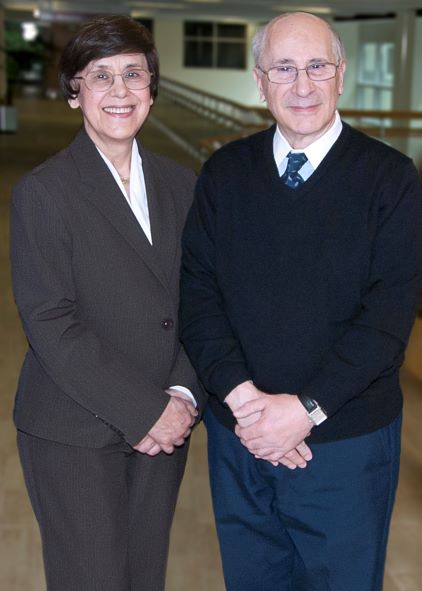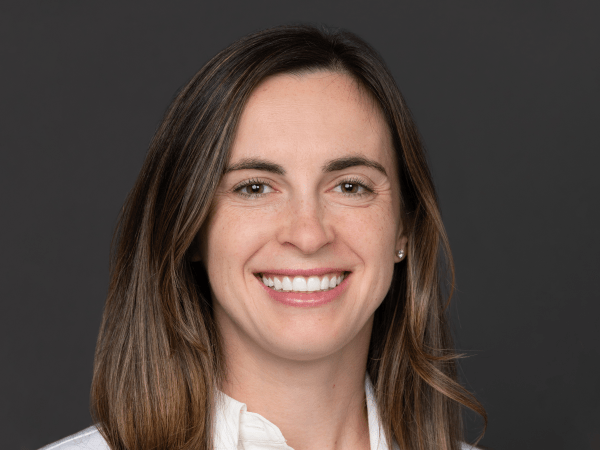

Jose and Irma Russo dedicated their careers to investigating breast cancer, its causes, and potential prevention measures.
The husband-and-wife duo pioneered our understanding of how pregnancy can lower the risk of breast cancer later in life, particularly through their work on the pregnancy hormone human chorionic gonadotropin, or hCG.
Irma died in 2013, and Jose died in 2021.
“Jose and Irma were a quiet couple who were always together,” Joseph Testa, chief of Genomic Medicine at Fox Chase Cancer Center and a friend of the two, said to Forward magazine. “They were an incredible fit and had a truly wonderful life together. They were in it as a team. How many people get to share their science with another person?”
The following is an excerpt from a story that first appeared in the Summer/Fall 2022 issue of Forward magazine. It is published twice a year by Fox Chase, where the Russos worked for more than three decades.
When Jose Russo began his career in cancer research at the National University of Cuyo in Mendoza, Argentina, he sparked more than just a career in medicine. While there, he met a woman whose passion for science matched his own.
Irma Russo (then Alvarez) was also studying medicine when their paths crossed, and they began not only a life of love and companionship, but a decades-long journey in scientific discovery. Over 30 of those years were spent at Fox Chase Cancer Center.
Jose and Irma were married in 1971 and moved to the United States to pursue research as part of a fellowship for the Rockefeller Foundation, a research organization aimed at solving global challenges in medicine and public health.
Shortly after, they moved on to the Michigan Cancer Foundation, now the Karmanos Cancer Institute, in Detroit.
The couple’s work at this center would become the basis of their lifelong mission of researching breast cancer, its causes, and potential means of prevention.
As a team, they were pioneers in understanding how pregnancy mediates breast cancer prevention.
Their work with the pregnancy hormone human chorionic gonadotropin in preventing breast cancer led to a clinical trial that is now underway internationally.
“I’m glad that the trials are moving along. That was something I know my dad really wanted to be able to see through, so it’s really great to see,” said Patricia Russo, Jose and Irma’s daughter, who also pursued a career in medicine.
Read the full story on the Cancer History Project:
Jose and Irma Russo: A Power Couple in Scientific Discovery
By Fox Chase Cancer Center, Oct. 4, 2022
This column features the latest posts to the Cancer History Project by our growing list of contributors.
The Cancer History Project is a free, web-based, collaborative resource intended to mark the 50th anniversary of the National Cancer Act and designed to continue in perpetuity. The objective is to assemble a robust collection of historical documents and make them freely available.
Access to the Cancer History Project is open to the public at CancerHistoryProject.com. You can also follow us on Twitter at @CancerHistProj, or follow our podcast.
Is your institution a contributor to the Cancer History Project? Eligible institutions include cancer centers, advocacy groups, professional societies, pharmaceutical companies, and key organizations in oncology.
To apply to become a contributor, please contact admin@cancerhistoryproject.com.







